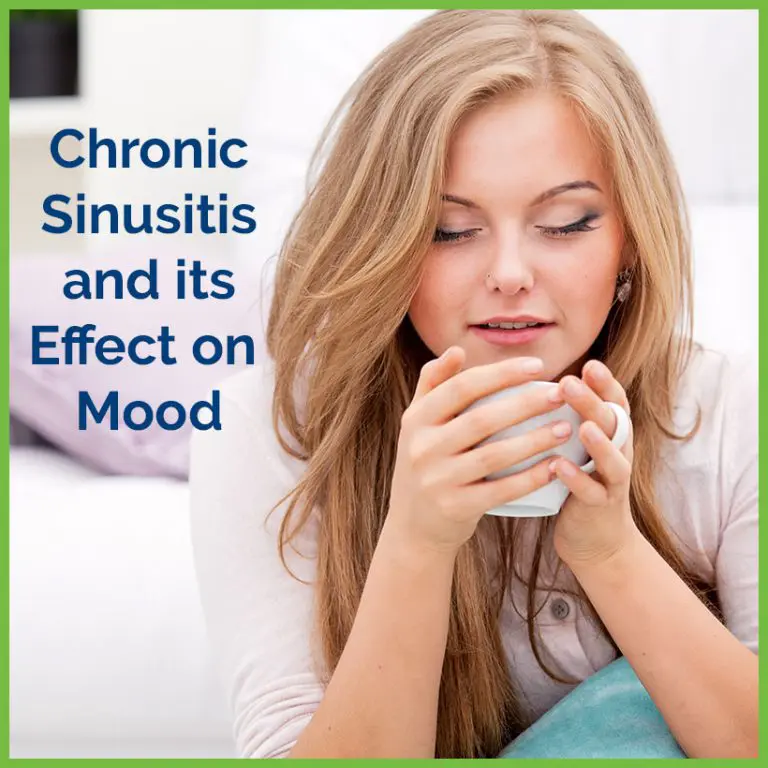
You are familiar with the symptoms – a pounding headache, struggling to breathe, and thick nasal discharge – all classic signs of another sinus infection. Chronic sinus infections are enough to get anyone feeling down, but studies show that as many as one-fourth of chronic sinusitis sufferers also suffer from depression.
What is Sinusitis?
Sinuses are hollow air spaces in the bones between the eyes, in the forehead, and behind cheekbone that produce mucus to keep the inside of the nose moist. The mucus acts as a protective barrier agent against allergens, pollutants, and dust in the air we breathe. If the sinuses get infected or blocked a person might experience uncomfortable symptoms. Sinusitis is the inflammation of the tissues in the lining of the sinus cavities due to infection, such as a virus, or nasal obstruction caused by things like nasal polyps or a deviated septum. Chronic sinusitis typically lasts three months or longer.
What Are the Symptoms of Sinusitis?
Sinusitis symptoms such as nasal congestion, facial pain, and pressure, loss of smell and taste, discolored nasal drainage, postnasal drip, cough, and frequent headaches point towards the possibility of sinusitis. Sinus conditions are frustrating and interrupt daily activities while making it difficult for an individual to live a normal life. Living with chronic sinusitis can take its toll on people over time, affecting sleep and energy levels. Along with symptoms of the sinus infection, people can suffer from non-nasal symptoms as well, such as fatigue and depression. The most problematic symptoms from sinusitis that may trigger depression or mood swings include:
- Ongoing weeks of agonizing symptoms with no end in sight and no long-lasting relief.
- Allergies, along with a sinus infection, compound the misery by adding symptoms like runny nose and itchy, watery eyes. Studies show that allergies and depression could be linked, possibly through inflammation-stimulating immune substances released during an allergy attack.
- Sleep deprivation is common for sinus infection sufferers, and this lack of quality sleep takes a toll on mood. Studies show that people who suffer chronic sinus infections and depression tend to feel more sinus pain than those without depressed moods. These people are also more likely to miss work or school, take more antibiotics, and have more doctor visits.
What Can I Do About It?
The best way to fight mood swings during chronic sinus blockage is to treat the infection. If traditional treatments haven’t proven successful, meaning stronger antibiotics and steroids have not helped, then it may be time to consult with a rhinologist for further treatment. A CT scan of your sinuses and nasal endoscopy may be necessary to better assess the problem if it persists despite aggressive antibiotic treatment. If antibiotics are proven ineffective to treat the problem, a procedure may be necessary to open the infected sinus or sinuses and clear the infection. Dr. Kuperan will perform the right sinus surgery for you, depending on your needs. There are multiple options like balloon sinuplasty or endoscopic sinus surgery. There is not one single solution that is correct for every patient. Dr. Kuperan’s specialized expertise and experience as a rhinologist will make sure you get the best treatment, so you can quickly get your life back on track.


